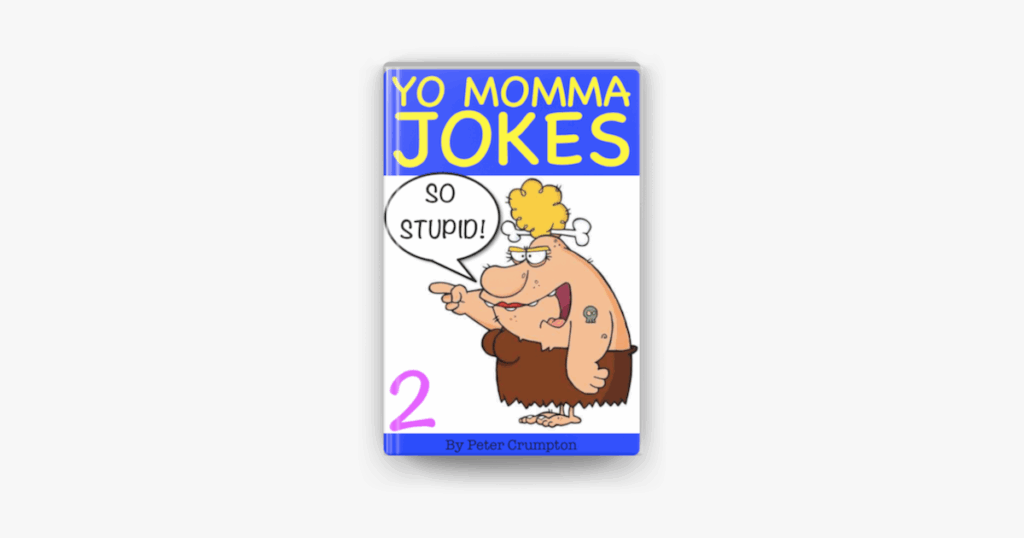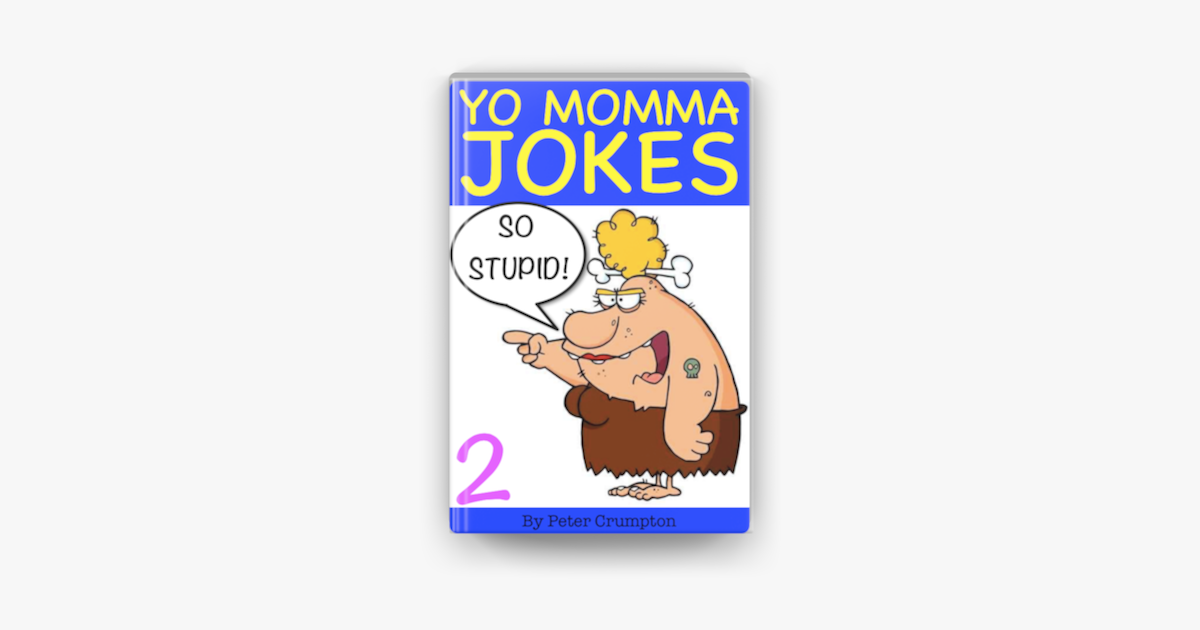
You Momma So Stupid Jokes: A Hilarious Exploration of Insult Humor
“You Momma” jokes, particularly those focusing on perceived stupidity, represent a specific and enduring subgenre of insult humor. These jokes, often delivered with playful intent, rely on hyperbole and absurdity to generate laughter. This article delves into the history, psychology, and cultural significance of “you momma so stupid” jokes, examining why they remain a popular form of comedic expression. We’ll explore examples of these jokes, analyze their structure, and consider the delicate balance between humor and offense. Ultimately, this exploration aims to provide a comprehensive understanding of the enduring appeal of “you momma so stupid” jokes.
The Origins and Evolution of “You Momma” Jokes
The origins of “you momma” jokes are somewhat murky, but they are believed to have roots in African American communities, possibly dating back to the early 20th century. These jokes, initially a form of playful verbal sparring, gradually evolved into a more structured format. The “you momma” structure provided a versatile framework for insults, allowing for endless variations and creative wordplay. The focus on stupidity, in particular, likely emerged as a way to highlight perceived flaws in a humorous and exaggerated manner.
Over time, “you momma” jokes spread beyond their initial cultural context, becoming a staple of schoolyards and popular culture. They have been featured in movies, television shows, and stand-up comedy routines, solidifying their place in the comedic landscape. The internet has further amplified their reach, with countless websites and social media platforms dedicated to sharing and creating new “you momma” jokes.
The Psychology of Insult Humor
Why do we find insult humor, including “you momma so stupid” jokes, funny? Several psychological theories attempt to explain this phenomenon. One theory suggests that humor arises from the violation of expectations. When something unexpected or incongruous occurs, it can trigger a sense of amusement. “You momma so stupid” jokes often rely on absurdity and exaggeration, creating situations that are clearly impossible or illogical, thus violating our expectations and generating laughter.
Another theory posits that humor is a way of coping with anxiety and stress. By making light of negative or taboo subjects, we can reduce their emotional impact. “You momma so stupid” jokes, while potentially offensive, can also be seen as a way of playfully challenging social norms and hierarchies. The act of delivering or receiving these jokes can create a sense of camaraderie and shared understanding, even if the content is somewhat provocative.
Furthermore, the element of surprise is crucial in many “you momma so stupid” jokes. The punchline often involves a sudden twist or unexpected revelation that subverts the listener’s expectations. This element of surprise can heighten the comedic effect and make the joke more memorable.
Examples of “You Momma So Stupid” Jokes
Here are some examples of “you momma so stupid” jokes to illustrate their structure and comedic style:
- You momma so stupid, she tried to climb Mount Everest with a ladder.
- You momma so stupid, she thought DNA was the National Dyslexia Association.
- You momma so stupid, she got fired from the M&M factory for throwing out all the W’s.
- You momma so stupid, she brought a spoon to the Super Bowl.
- You momma so stupid, she tried to return an empty bottle of invisible ink.
These jokes typically follow a simple formula: “You momma so stupid, she [performs an absurd or illogical action].” The humor derives from the incongruity between the expected behavior and the actual action, creating a sense of comedic absurdity. The more outlandish and improbable the action, the funnier the joke is likely to be.
The Fine Line Between Humor and Offense
While “you momma so stupid” jokes can be humorous, it’s important to acknowledge that they can also be offensive, particularly if they are delivered with malicious intent or target vulnerable individuals. The context in which these jokes are told plays a crucial role in determining their appropriateness. In a playful and lighthearted setting, they may be harmless fun. However, in a more serious or sensitive environment, they could be perceived as disrespectful or hurtful.
It’s also important to be mindful of the potential for these jokes to perpetuate negative stereotypes. While the focus is on stupidity, the jokes can sometimes reinforce harmful assumptions about intelligence or social status. Therefore, it’s essential to exercise caution and consider the potential impact of these jokes before sharing them.
The key to using “you momma so stupid” jokes responsibly is to ensure that they are delivered with a sense of humor and without any intention to cause harm. The goal should be to elicit laughter, not to inflict pain or humiliation. [See also: The Psychology of Laughter] It’s also important to be sensitive to the reactions of others and to avoid telling these jokes in situations where they are likely to be offensive or inappropriate.
The Enduring Appeal of “You Momma” Jokes
Despite their potential for offense, “you momma” jokes, including the “you momma so stupid” variety, continue to thrive in popular culture. Their enduring appeal can be attributed to several factors. First, they are easy to understand and remember. The simple structure and repetitive format make them accessible to a wide audience. Second, they are highly adaptable. The “you momma” framework can be used to create jokes about virtually any topic, allowing for endless variations and creative expression. Third, they provide a sense of playful competition. The act of delivering and responding to these jokes can create a dynamic and engaging social interaction.
Furthermore, “you momma so stupid” jokes offer a form of comedic relief. In a world filled with stress and uncertainty, these jokes provide a lighthearted escape from reality. They allow us to laugh at ourselves and at the absurdities of life. While they may not be the most sophisticated form of humor, they are undeniably effective in generating laughter and creating a sense of shared amusement.
The continued popularity of “you momma so stupid” jokes also speaks to the human desire for connection and belonging. These jokes often serve as a form of social bonding, allowing individuals to connect with others through shared humor. The act of telling and listening to these jokes can create a sense of camaraderie and shared identity, even among strangers.
Conclusion
“You momma so stupid” jokes represent a fascinating and enduring subgenre of insult humor. While they may not be to everyone’s taste, they have undeniably left their mark on popular culture. Their origins can be traced back to African American communities, and they have since spread throughout the world, becoming a staple of schoolyards, television shows, and the internet. The psychology behind their appeal is complex, involving elements of surprise, incongruity, and social bonding. While it’s important to be mindful of the potential for offense, “you momma so stupid” jokes can also be a source of harmless fun and comedic relief. Ultimately, their enduring popularity speaks to the human desire for laughter, connection, and a playful escape from the realities of life. The next time you hear a “you momma so stupid” joke, take a moment to appreciate its history, its psychology, and its enduring appeal. [See also: The Art of the Insult] Remember to laugh responsibly and always consider the context in which these jokes are told.

